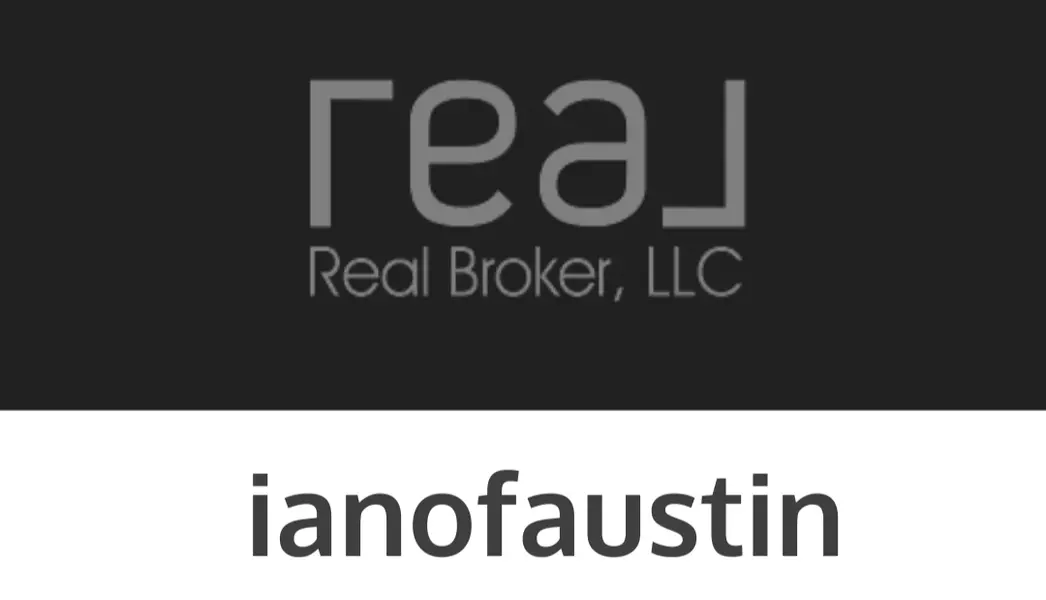Austin Real Estate in 2025: What Trump’s Policies Mean for Buyers & Sellers
How National Policy Changes Under Trump Could Impact Austin Real Estate in 2025
The real estate market in Austin, Texas, is always evolving, and with a new administration in the White House, changes at the federal level could significantly impact homebuyers, sellers, and investors in the region. In our latest episode of the Real Estate Lab ATX Podcast, I (@ianofAustin), Jay Jay Tolentino, and Daphne Quay explored how President Trump’s policies could shape the local market in 2025. Here’s a breakdown of key takeaways from our discussion and the latest tax law changes that could influence real estate in Austin.
1. Tax Law Changes and Their Impact on Austin’s Housing Market
President Trump’s return to office has reignited discussions about tax policy shifts, including potential extensions of the Tax Cuts and Jobs Act (TCJA) and new business incentives. Here’s what homebuyers and investors in Austin should be aware of:
a. Extension of the TCJA & Business Tax Incentives
- The TCJA, initially set to expire in 2025, may be extended. This includes maintaining lower individual tax rates and keeping the 20% Qualified Business Income (QBI) deduction for small business owners.
- A proposed reduction in corporate tax rates from 21% to 20% (or 15% for U.S.-based manufacturers) could spur job growth in Austin, potentially increasing demand for housing near major employers.
b. Elimination of Taxes on Social Security Benefits
- Trump has floated the idea of eliminating federal taxes on Social Security benefits. While this is unlikely to gain traction quickly, if passed, it could increase disposable income for retirees, making Austin an even more attractive relocation destination for retirees looking to stretch their dollars.
c. Higher Estate Tax Exemptions
- The federal estate tax exemption is increasing to $13.99 million, meaning fewer estates will be subject to federal taxes. This could benefit high-net-worth individuals in Austin looking to pass on property to heirs with minimal tax implications.
d. Changes to 401(k) & Roth IRA Contribution Limits
- The 401(k) contribution limit increases to $23,500, with a new higher catch-up contribution for those aged 60 to 63.
- Roth IRA income phase-out limits have increased, making it easier for more investors to contribute tax-free retirement savings.
- Impact on Austin: A stronger retirement savings environment means more individuals could be looking to invest in real estate as part of their long-term financial strategy.
2. Housing & Development in Austin: Regulations and Market Forces
a. Energy & Infrastructure Development
- Trump’s Unleashing American Energy executive order is focused on increasing domestic oil production, reducing reliance on renewables, and revoking specific environmental regulations.
- Austin impact: Texas’s energy sector could see a boost, leading to more job creation, particularly in the oil and gas industries. However, Austin’s push toward sustainability and green energy may clash with these new policies, potentially influencing local regulations and incentives for solar and EV adoption.
b. Changes to Federal Housing & Development Regulations
- The Delivering Emergency Price Relief for American Families order prioritizes reducing regulatory costs in housing, aiming to cut back on mandates that increase construction costs.
- Austin impact: With rising home prices, Austin builders could benefit from fewer federal restrictions, potentially increasing the supply of new homes. However, local zoning laws and affordability measures will still play a key role in determining how much relief Austin residents see.
c. The EV & Appliance Market and Its Influence on Austin Buyers
- The rollback of federal electric vehicle mandates and appliance efficiency standards may indirectly affect Austin’s real estate market.
- Austin impact: With Tesla’s Gigafactory in the area, changes to EV subsidies and regulations could impact employment at Tesla and other EV-related businesses, affecting housing demand among workers in the sector.
3. Border Security & Immigration: Labor & Market Implications
a. Impact on Labor for Home Construction
- Trump’s Securing Our Borders executive order tightens immigration enforcement, which could lead to labor shortages in industries reliant on immigrant workers, including construction.
- Austin impact: With construction labor costs already high, stricter immigration policies could further increase the cost of new builds, making affordability an even bigger issue for homebuyers.
b. Reinstating Discharged Military Service Members
- The Reinstating Service Members Discharged Under the Military’s COVID-19 Vaccination Mandate order allows former service members to return to active duty with back pay.
- Austin impact: With military bases and defense contractors in Texas, including nearby Fort Hood, this could increase housing demand from returning service members and their families.
4. The Future of Austin Real Estate: What We Predict for 2025
Our conversation on The Real Estate Lab ATX Podcast led to some key predictions:
- Continued Demand for Suburban & Affordable Housing: Rising interest rates and cost-of-living concerns may push more buyers toward suburbs like Cedar Park, Leander, and Pflugerville.
- Increased Investor Activity: With business-friendly policies, Austin could see an influx of real estate investors looking for tax advantages and stable returns.
- Challenges in New Home Construction: Regulatory rollbacks could help developers, but labor shortages may offset potential savings, leading to continued supply constraints.
- Tech & Energy Jobs Driving Market Shifts: Changes to corporate tax policy and energy production could impact employment patterns, influencing where people choose to live in Austin.
Final Thoughts: What Should Austin Buyers & Sellers Do?
As these policies unfold, staying informed and working with knowledgeable real estate professionals is crucial. Whether you’re looking to buy, sell, or invest in Austin, the economic and regulatory landscape will shape your decisions in 2025 and beyond.
Want to dive deeper into these topics? Listen to our latest episode of The Real Estate Lab ATX Podcast with @ianofAustin, Jay Jay Tolentino, and Daphne Quay, where we discuss these changes in depth and share insights on what they mean for Austin real estate.
Stay tuned, stay informed, and, as always—reach out if you have questions about navigating this market in 2025!
Resources & Further Reading:
Categories
Recent Posts











